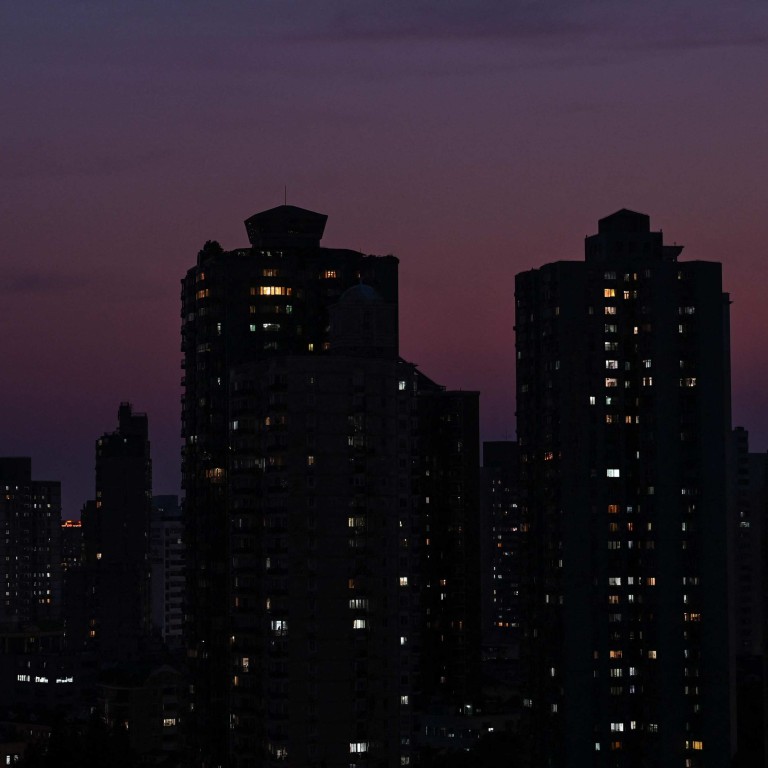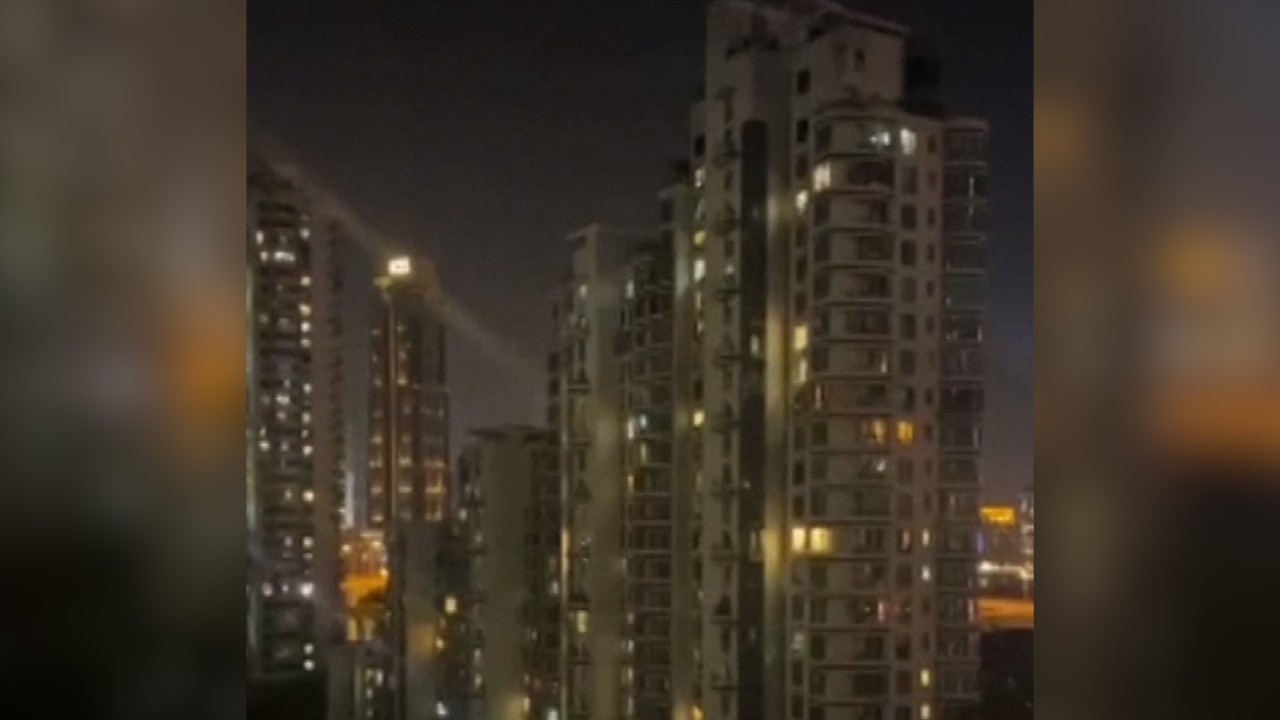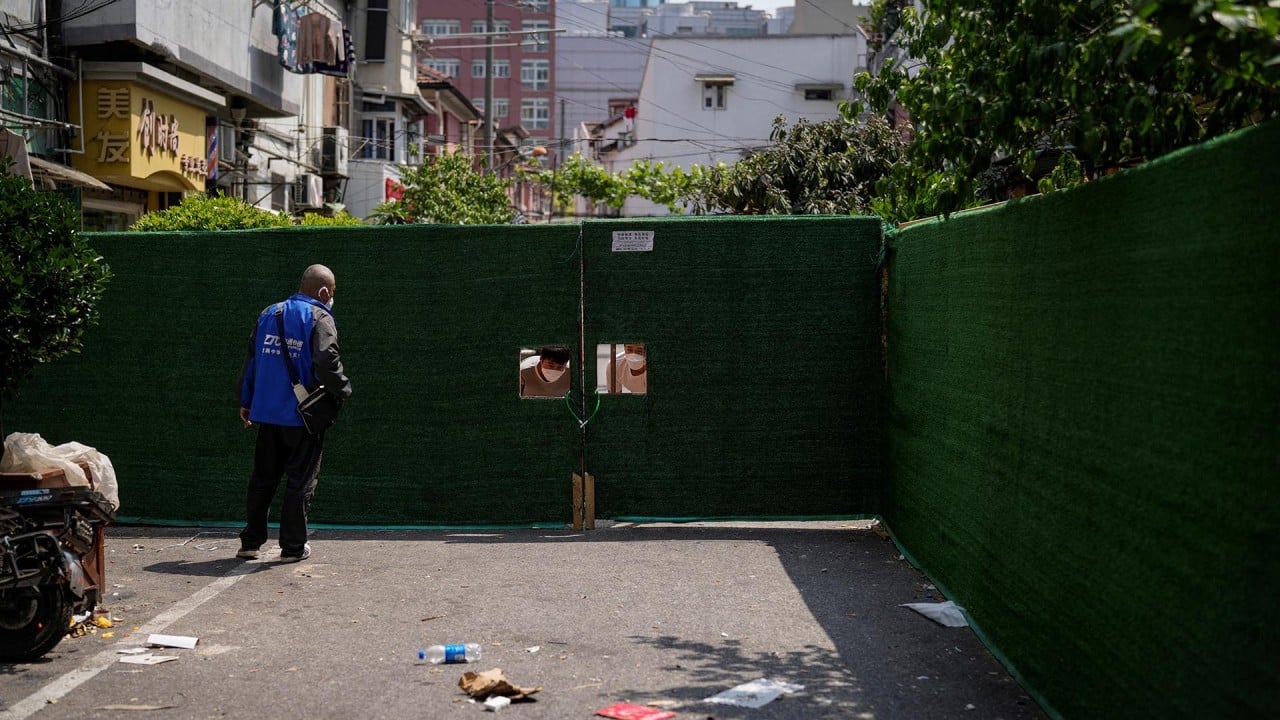
Shanghai lockdown suffering highlights need for greater media freedom in China
- Allowing state media more leeway to report on what is happening in the city would help curb mounting anger
- The 2003 Sars outbreak showed how greater transparency could help contain an epidemic, but the situation has only worsened since then
“Would things be any different if the media had been allowed more freedom to do their jobs properly and cover the Covid-19 lockdown?” a friend in Shanghai asked the other day.
“It almost feels like the doomsday scenario going through the unverified, well-circulated social media posts and video clips about how people are being affected by the seemingly endless lockdown. Where can we get reliable information about what’s going on in this city?” he said.
“I don’t trust state-controlled media but I don’t have access to overseas media [that are mostly blocked in China].”
That’s the cruel reality most people living in the Chinese mainland have to deal with, especially in this time of crisis.
While few expect the Communist Party to grant full press freedom, hopes have been repeatedly raised that the authorities would somehow loosen their repressive media and internet control in balancing the need for political stability and economic development.
Following the 2003 outbreak of severe acute respiratory syndrome, many believed China’s initial cover-up and poor handling of the crisis would inspire major changes, with an emerging consensus that greater press freedom was essential to deal with an epidemic.
Then in the lead-up to the 2008 Beijing Olympics and the aftermath of the Sichuan earthquake 14 years ago, China also saw brief periods of media activism and the rise of citizen journalists.
There was also a time when numerous Chinese news media outlets – such as Southern Weekly and The Beijing News – were able to defy the censors to question the government’s handling of the Wenzhou high-speed train crash in 2011, when at least 40 people were killed.
But overall, the last two decades have barely seen any major sign of improvement in terms of media freedom. Beijing has instead steadily stepped up its omnipresent censorship and tightened control of traditional and social media, even as President Xi Jinping last year called for a major revamp of the country’s much-criticised international communications to repair its coronavirus-hit global image.
Shanghai’s fine reputation in tackling Covid reduced to lesson on what not to do
On World Press Freedom Day last week, Reporters Without Borders again described mainland China (175th) as “one of the world’s most repressive autocratic regimes” and ranked it near the bottom out of 180 countries.
While the Western media are deemed inherently biased against China, it is absurd and irresponsible for the mainland authorities to ban state-controlled media from covering the grievances about food and medicine supplies. In the lead-up to an all-important leadership reshuffle later this year, it is in Beijing’s interests to enlist help from the professional media to ease growing public dissatisfaction and find better ways to explain to the public its inflexibility over the zero-Covid strategy.
Without offering an actual fix or hopes for solutions, it could be dangerous to simply censor and suppress views that are critical of some of the inhumane lockdown measures amid the simmering outrage that has ripped across social media.
Over the weekend, despite heavy censorship, videos showing people being dragged from their homes by health workers in Shanghai and residents in Zhuanqiao town clashing with local authorities over food shortages went viral, prompting widespread anger.
With part of the capital city entering lockdown this week, the social and economic upheaval in Shanghai has shown yet again the importance of media freedom in times of crises, one of the hard lessons from the Sars outbreak that mainland authorities have so far failed to heed.



